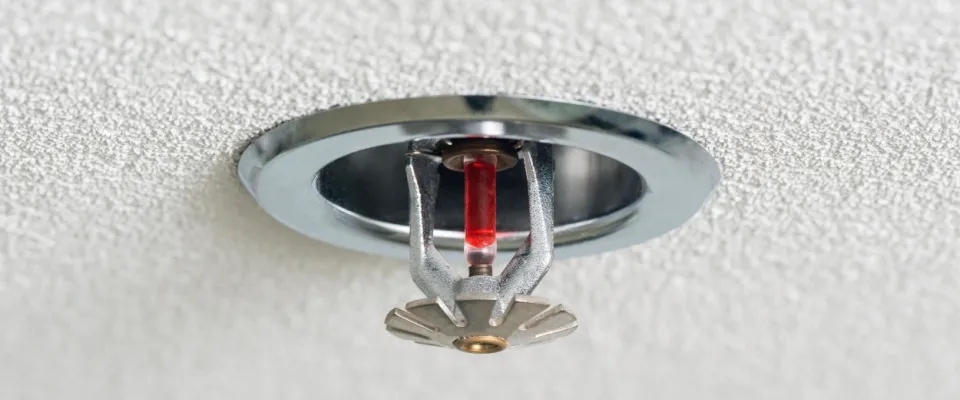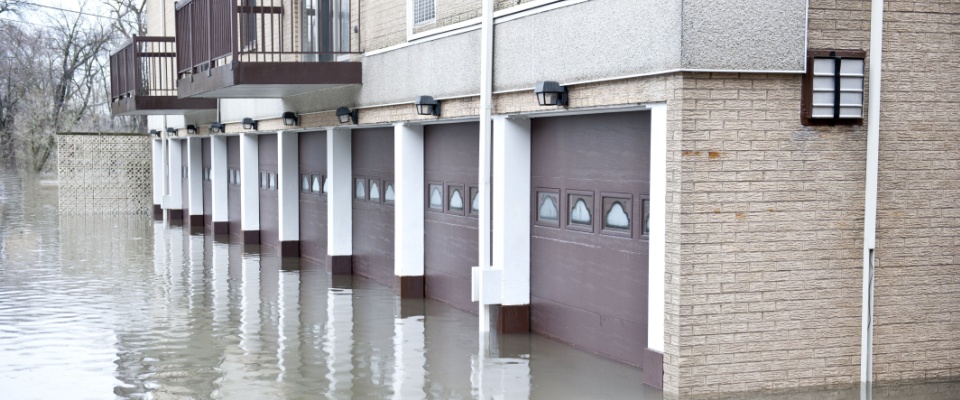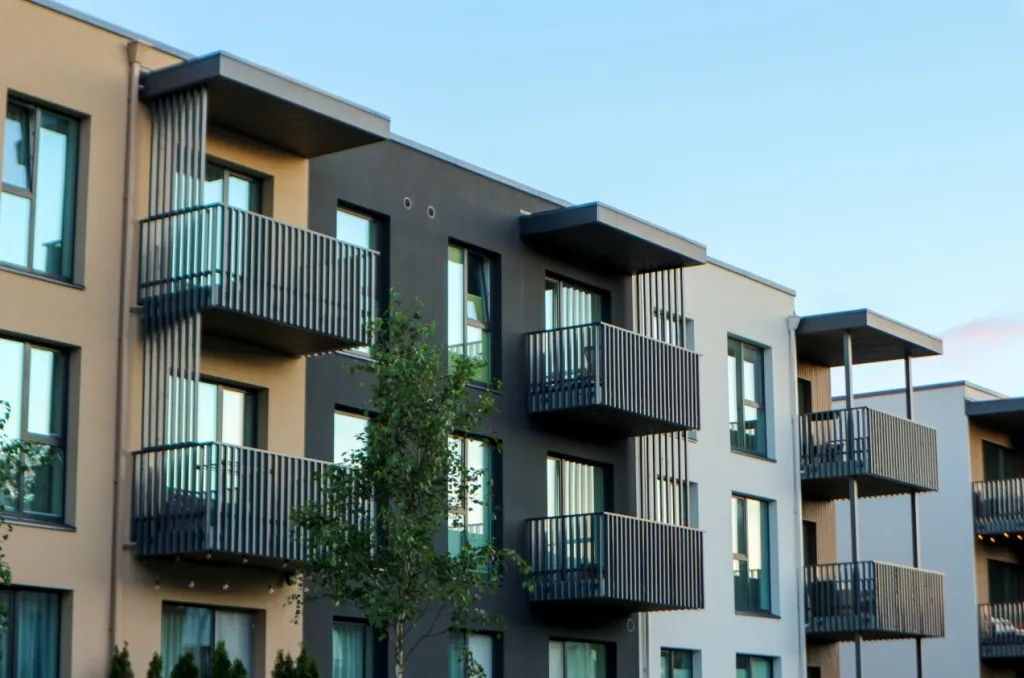As a renter, you might have questions about what your renters insurance covers. One common concern is water damage, specifically whether your policy will protect you in the event of flooding.
Knowing the ins and outs of your coverage to avoid unexpected situations is crucial. So, let’s dive into the details and answer the burning question: Does renters insurance cover flooding?
Understanding renters insurance basics
Let’s start by clarifying what renters insurance typically includes regarding water-related incidents, as not all are covered. A standard policy usually covers the following:
- Burst pipes: If a pipe in your wall bursts and water damages your furniture or electronics, that’s usually covered.
- Overflowing appliances: If your dishwasher or washing machine overflows and ruins your rug or couch, you’re probably covered.
- Accidental leaks: Other leaks, like from your upstairs neighbor’s overflowing bathtub, are generally covered.
- Fire sprinklers: If the building’s fire suppression system goes off and damages your personal property, that’s often covered too.

In all these cases, renters insurance can help replace or repair your belongings — like clothes, furniture, or electronics — depending on the details of your policy.
The catch: Does renters insurance cover flooding?
Standard renters insurance policies usually don't cover flooding caused by heavy rain, storms, or rising bodies of water. In many areas, this type of coverage is considered a separate policy, often called flood insurance. So, if you live in an area prone to flooding, you may want to consider additional coverage to safeguard your belongings.
What constitutes flood damage?
To make sense of the coverage, let's dive deeper into what flood damage typically includes. The Federal Emergency Management Agency (FEMA) defines a flood as “a general and temporary condition of partial or complete inundation of two or more acres of normally dry land.” When water overflows onto normally dry land or a river or stream spills over its bank, it's flooding.
For example, if a heavy storm causes a local river to overflow and flood your apartment, standard renters insurance will likely not cover the damage. However, if a water heater bursts and damages your belongings, renters insurance usually covers it.

So, when wondering whether renters insurance covers flooding, it all comes down to the water source. If the water comes from inside the apartment, it’s probably considered water damage and may be covered. If the water comes from outside, it’s considered flooding.
Do I need flood insurance as a renter?
It depends on where you live. If you’re renting in a high-risk flood zone — like near a coast, river, or low-lying area — flood insurance might be a good idea.
You can buy a separate flood insurance policy through the National Flood Insurance Program (NFIP) or other insurers. Keep in mind it typically only covers your belongings, not the building itself. Also, there's usually a waiting period — often 30 days — before the flood insurance policy kicks in, so it's wise to plan ahead if you anticipate flooding in your area.
A flood insurance policy could provide up to $100,000 in coverage to help replace personal belongings damaged by flooding. This typically includes clothing, electronics, small kitchen appliances, curtains, and valuable items such as artwork or furs. Try to purchase the same amount of flood insurance coverage as you have for personal belongings on your renters insurance policy. If you’ve already taken the time to estimate the value of what you own for your renter’s policy, you can use that same figure as a guide when choosing your flood coverage.
What to do if you experience flood damage
If you're already dealing with flooding or water damage, the first step is to assess the situation. Document everything: take pictures of the damage, list the items impacted, and keep records of any communications with your landlord or insurance provider.
Once you've gathered all your information, contact your renters insurance provider to file a claim for covered damages. They’ll guide you through the process and help determine if your situation falls under the coverage of your policy.
How to protect your belongings further
Here are a few tips to help protect your home from flooding even if renters insurance doesn't cover it:
- If your apartment allows it, consider installing a sump pump in the basement or lower levels to help prevent flooding.
- Store electronics and valuables on shelves or raised surfaces to minimize damage from minor flooding.
- Have a plan for evacuation and emergency contacts in case severe weather hits.
The bottom line
So, does renters insurance cover flooding? Generally, it doesn’t cover natural flood-related events, so take a few minutes to check your policy. If you live somewhere with high flood risk, consider getting separate flood insurance. It might save you a headache down the line.
Even if you’re not in a flood zone, it’s always smart to understand what your insurance covers and what it doesn’t. Better safe than soggy, right?




